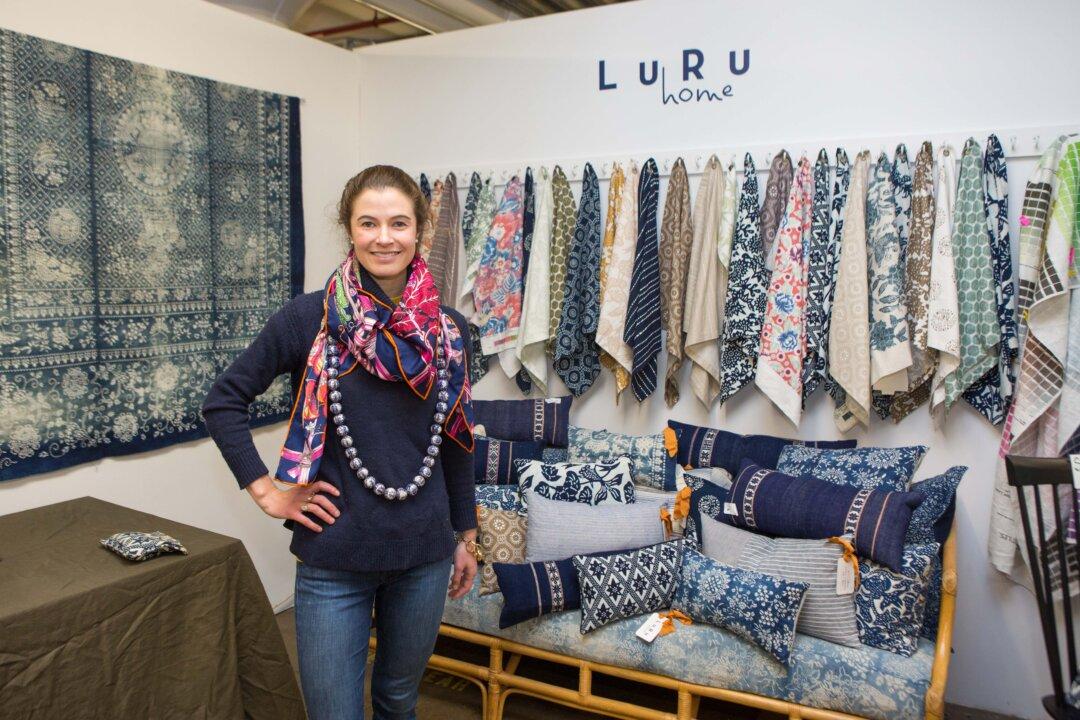NEW YORK—“It started with Dr. Schutte, the president of Pratt who saw Al Gore’s film, ‘The Inconvenient Truth.’ … He came back to this campus and said, ‘We have to do something,’” said Debera Johnson, executive director of sustainability at Pratt Institute, as she enthusiastically described the successes of the Pratt-initiated Brooklyn Fashion and Design Accelerator (BFDA), a 21,000-square-foot hub for ethical fashion and design located in the former Pfizer building in Williamsburg.
Launched in October 2013, the BFDA has been providing designers with the resources they need to transform their ideas into successful sustainable businesses. Johnson said Pratt’s president “wanted to create a role at Pratt that wasn’t just about the facilities,” but more about weaving sustainability into the curriculum.
Since its inception, the fashion hub has hosted more than 7,000 people, helped four companies grow their businesses and transition into their own spaces, and collectively increased 12 designers’ revenues by over $800,000 while reducing negative environmental impacts.
To celebrate the past year of successes, the BFDA hosted the Positive Impact Awards on Nov. 16 to acknowledge those who have been a source of inspiration in advancing sustainability.
Sustainability Hub
The idea of a sustainability curriculum really started in 2002 with the Pratt Design Incubator for Sustainable Innovation—Johnson calls it a smaller version of what the BFDA has become. Pratt’s incubator helped to create over 30 new companies and more than 50 jobs in the sectors of fashion design, product design, social entrepreneurship, and green consulting services, according to the 2013 press release.
President Thomas Schutte said the incubator was created to get Pratt graduates started in “making things,” rather than taking on jobs as design consultants.






